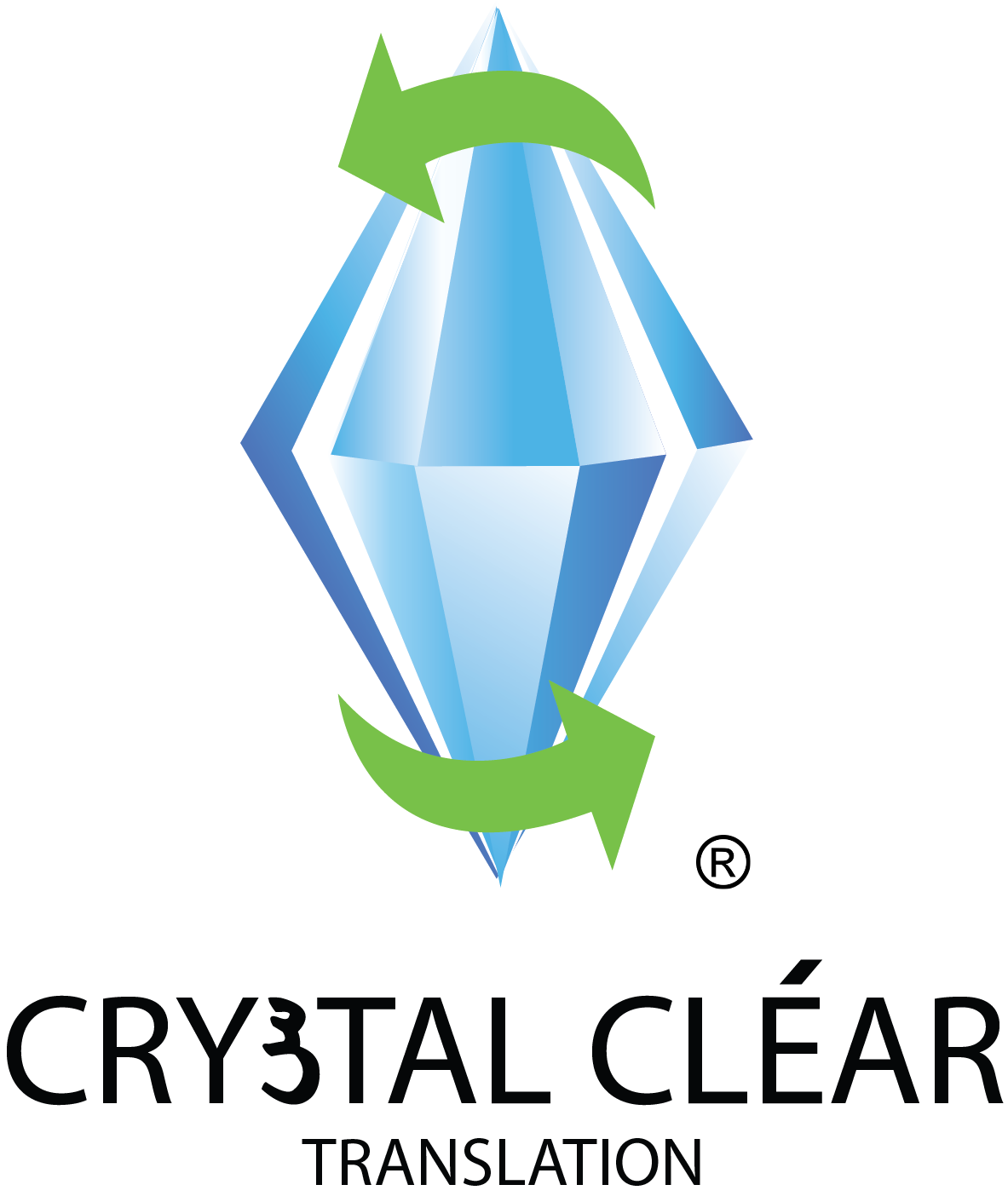A bilingual person can speak two languages with equal fluency, and you might think that this ability would make a bilingual person the natural choice for working in interpreting and translation services. So, should you hire a bilingual person for interpreting and translation services instead of a professional?
It helps for a translator or interpreter to be equally fluent in the languages with which they are working, but the necessary skills which are required for someone to work as a translator or interpreter are more than just the ability to speak two languages. A good translator or interpreter must have a thorough education in other languages, an awareness of cultural contexts, and will also have professional training on translation and interpreting techniques.
Cultural Awareness and Specific Subject Knowledge
Translators and interpreters are required to be completely culturally aware and must have knowledge of the intricacies of different languages such as different dialects, idioms, grammatical rules, or specific cultural contexts. A bilingual speaker of a language might have knowledge of basic vocabulary and can easily converse with a native speaker of another language. However, interpreters and translators have skills that go beyond just being able to have basic conversations in another language. They are fully immersed in the different aspects of a specific language and can convey fully what is being communicated, whereas someone who is bilingual might not be able to discern and adequately communicate what the client is trying to convey.
Professional Training and Practice
In addition to this, interpreters and translators have been professionally trained and have gained consistent regular experience of working in their respective field. In other words, a professional interpreter would know how to maintain the flow of conversation and provide the client with a satisfactory result, and a professional translator must be able to retain the original essence of the work that they are translating. Whilst a bilingual person may be able to read, write and communicate in another language, they would not have the experience that a professional interpreter or translator would have of working for clients to deliver satisfactory work which requires a thorough knowledge of technical skills.
Voice Modulation and Body Language
Professional translators and interpreters have an in-depth knowledge of voice tonality, modulation, and body language. When interpreting a client’s speech, or working on transcription, a professional will be notice non-verbal elements, such as changes in pitch, pauses, tone or even the speed with which the client speaks.
The elements of personal communication consist of more than just the spoken word. In fact, Professor Albert Mehrabian of the University of California, Los Angeles (UCLA), suggested that 7% of personal communication consists of the spoken word, 38% of voice and tone, and 55% is made up of body language. Consequently, the non-verbal aspects of communication must be communicated as much as, perhaps more so than the spoken word. A bilingual speaker might only be focused on the communication of spoken word and may not have the necessary listening or visual skills to be able to communicate the totality of what the other speaker is expressing.
Certification and Accreditation
In addition to these points, professional translators and interpreters will have accreditation and certifications to prove their ability to work in the different industries that require interpreting and translation services. For instance, many translators and interpreters are members of professional bodies such as the Institute of Translation and Interpreting (ITI), the American Translators Association (ATA), or the Chartered Institute of Linguists (CIOL). Additionally, professionals may also have completed the ISO 17100:2015 Standard for Translation certification, providing further proof of quality translation services.
In Conclusion
Evidently there is more to being a good translator or interpreter than simply being bilingual. There is a vast amount of knowledge that a translator or interpreter must have, be it the intricacies of grammatical rules, knowledge of legal practices or medical terminology, or historical or cultural contexts of a language. They must also be able to retain the core message of what they are translating or interpreting and must fully practice their abilities. If you require translation or interpreting services in any language, you can get a quote here from Crystal Clear Translation.


